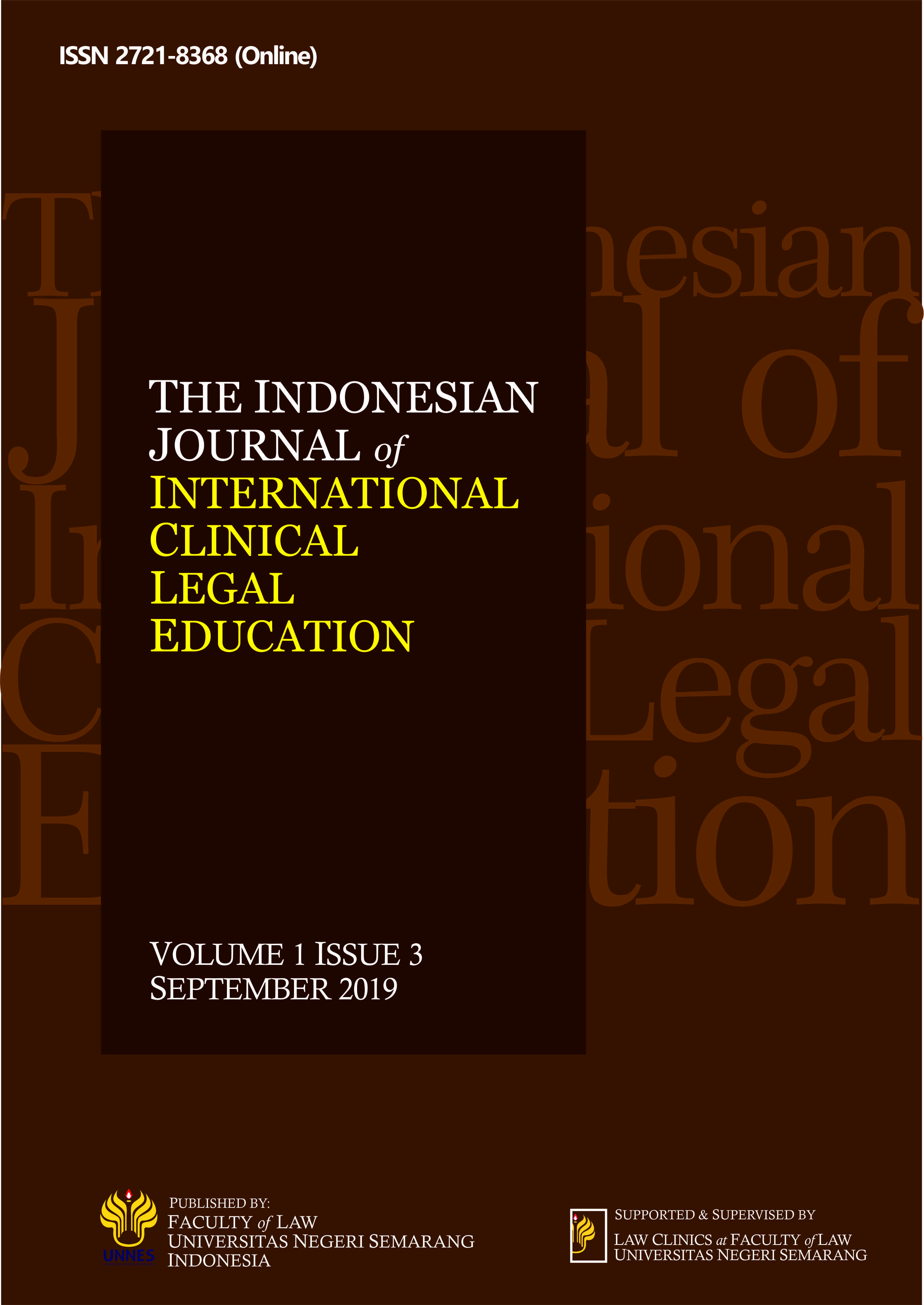Balancing Principles of Legality in Teaching Legal Studies
Main Article Content
Abstract
Principle of legality is a fundamental principle in criminal law, in which at the beginning of its birth, it was an oasis amid confusion of legal uncertainty. In the past, the law belonged to the king. People had no right to know whether or not that their actions were considered unlawful, all of them depend on subjectivity of the king. With this principle, the king no longer had a role to decide whether or not that a person is wicked but he was deprived of that authority. Everything was left to the judiciary (judge), even judges were only limited to apply the rules, as it should not be more and less. Whether or not someone is wicked, it clearly has been constructed in a rule. The rules define whether or not that the act was criminal. Next consequence was no crime beyond the written rules. Thus, disgraceful acts that harm the community will not be subject to criminal law (based on customary law), it will not be subject to criminal sanction if it is not formally formulated in criminal law. This is the main drawback of this principle of legality. If applied rigidly, then the next drawback is likewise very likely
to happen. A person will be easily criminalized if it has grazed the written rules, although in real sociological terms there is no legal injury and no harm to both material and immaterial.
Article Details
The copyrights of the article in Indonesian J. Int'l Clinical Leg. Educ. is on the Author(s), however, before publishing, it is required to obtain written confirmation from Author(s) in order to ensure the originality (Author Statement of Originality). The statement is to be signed by at least one of the authors who have obtained the assent of the co-author(s) where applicable. This work licensed under a Creative Commons Attribution-ShareAlike 4.0 International (CC BY-SA 4.0). All writings published in this journal are personal views of the authors and do not represent the views of this journal and the author's affiliated institutions.
